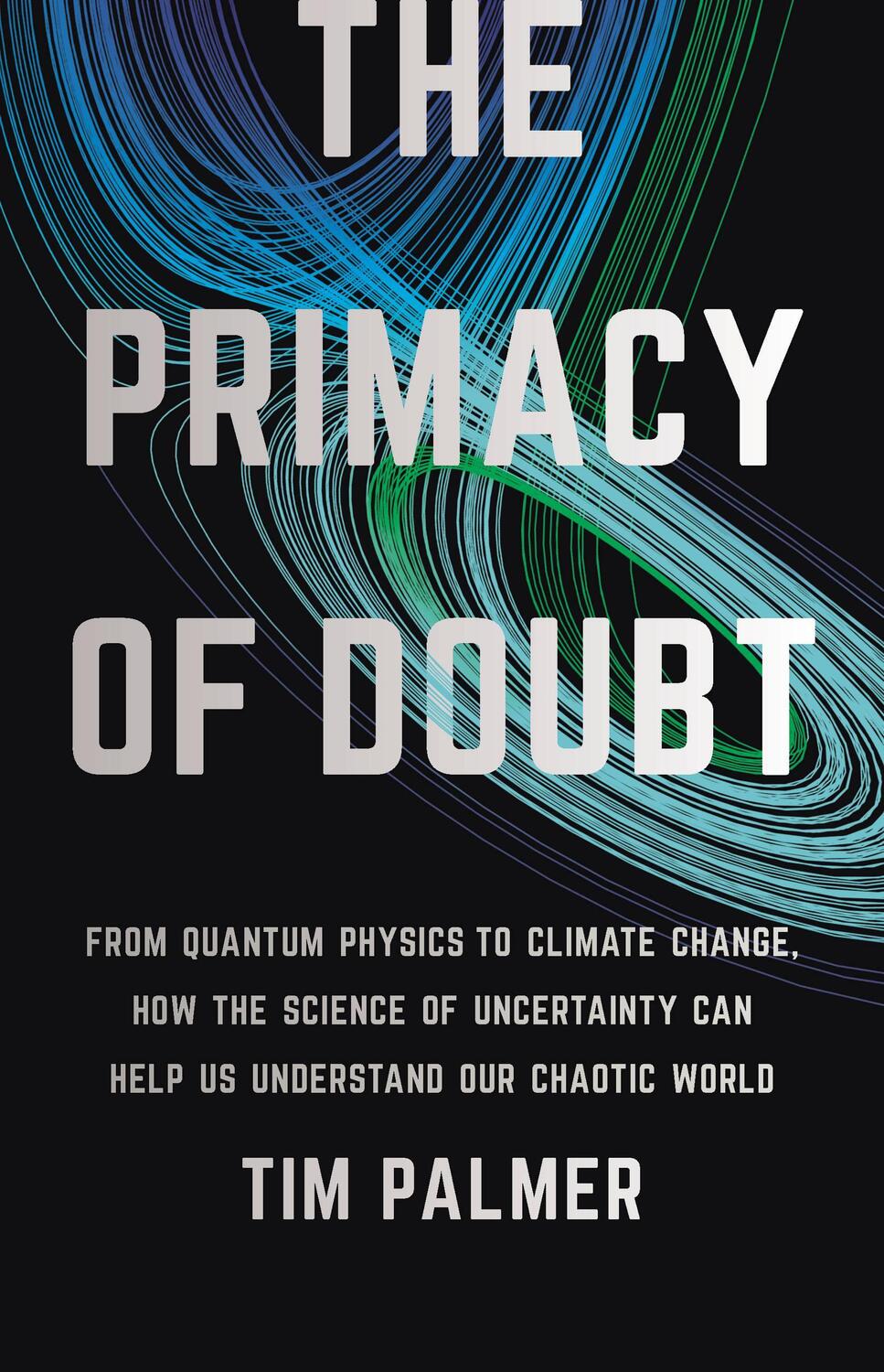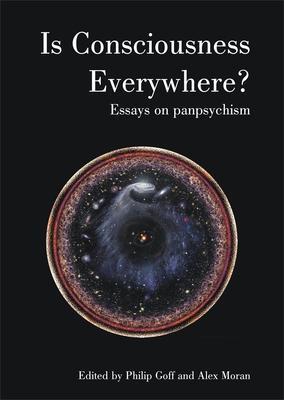Dekorationsartikel gehören nicht zum Leistungsumfang.
Sprache:
Englisch
30,50 €*
Versandkostenfrei per Post / DHL
Aktuell nicht verfügbar
Kategorien:
Beschreibung
"On October 16, 1987 meteorologists predicted a nice, breezy day in the south of England. Instead, the countryside was battered by the worst storm to hit the country in over 300 years. Twenty-two people were killed and damages totaled more than 3.3 million dollars. In the aftermath, scientists asked themselves: why was the forecast wrong? What could have been done to predict this? Meteorologist Tim Palmer discovered the answer: it comes down to embracing chaos. In The Primacy of Doubt, Palmer tells the story of how scientists learned to accurately predict the weather, and how we can use those insights to predict everything else, from the workings of the brain and how it creates consciousness to how quantum mechanics enables everything we see to emerge from just four basic particles. The key is embracing uncertainty. In the case of the Great Storm of 1987, Palmer found, forecasters were too obsessed with finding an on-off switch in their models: either it would be stormy or it wouldn't. Palmer led the charge to inject probabilistic forecasting into weather models, a massive breakthrough that has revolutionized our ability not only to know whether to bring an umbrella, but to prevent life-threatening catastrophes. But weather isn't the only thing that we use deterministic models to predict. Our understanding of quantum physics, climate change, and the economy could all be revolutionized by acknowledging uncertainty, Palmer argues, and those revolutions are long overdue. A fascinating firsthand account of the science of uncertainty, The Primacy of Doubt is for anyone seeking to better understand not just what scientists do and don't understand about the universe. The Primacy of Doubt proves one thing for certain: the key to knowing is to admit when you don't know"--
"On October 16, 1987 meteorologists predicted a nice, breezy day in the south of England. Instead, the countryside was battered by the worst storm to hit the country in over 300 years. Twenty-two people were killed and damages totaled more than 3.3 million dollars. In the aftermath, scientists asked themselves: why was the forecast wrong? What could have been done to predict this? Meteorologist Tim Palmer discovered the answer: it comes down to embracing chaos. In The Primacy of Doubt, Palmer tells the story of how scientists learned to accurately predict the weather, and how we can use those insights to predict everything else, from the workings of the brain and how it creates consciousness to how quantum mechanics enables everything we see to emerge from just four basic particles. The key is embracing uncertainty. In the case of the Great Storm of 1987, Palmer found, forecasters were too obsessed with finding an on-off switch in their models: either it would be stormy or it wouldn't. Palmer led the charge to inject probabilistic forecasting into weather models, a massive breakthrough that has revolutionized our ability not only to know whether to bring an umbrella, but to prevent life-threatening catastrophes. But weather isn't the only thing that we use deterministic models to predict. Our understanding of quantum physics, climate change, and the economy could all be revolutionized by acknowledging uncertainty, Palmer argues, and those revolutions are long overdue. A fascinating firsthand account of the science of uncertainty, The Primacy of Doubt is for anyone seeking to better understand not just what scientists do and don't understand about the universe. The Primacy of Doubt proves one thing for certain: the key to knowing is to admit when you don't know"--
Über den Autor
Tim Palmer, FRS, CBE is a Royal Society Research Professor in the department of physics at the University of Oxford. He pioneered the development of operational ensemble weather and climate forecasting, and in 2007, he was formally recognized as having contributed to the Intergovernmental Panel on Climate Change's Nobel Peace Prize. Palmer is a Commander of the British Empire, a fellow of the Royal Society and the National Academy of Sciences, and a recipient of the Institute of Physics’ Dirac Gold Medal. He lives near Oxford, UK.
Details
| Erscheinungsjahr: | 2022 |
|---|---|
| Fachbereich: | Allgemeines |
| Genre: | Geowissenschaften |
| Rubrik: | Naturwissenschaften & Technik |
| Thema: | Lexika |
| Medium: | Buch |
| Seiten: | 320 |
| Inhalt: | Gebunden |
| ISBN-13: | 9781541619715 |
| ISBN-10: | 1541619714 |
| Sprache: | Englisch |
| Einband: | Gebunden |
| Autor: | Palmer, Tim |
| Hersteller: | Basic Books |
| Maße: | 236 x 162 x 30 mm |
| Von/Mit: | Tim Palmer |
| Erscheinungsdatum: | 18.10.2022 |
| Gewicht: | 0,519 kg |
Über den Autor
Tim Palmer, FRS, CBE is a Royal Society Research Professor in the department of physics at the University of Oxford. He pioneered the development of operational ensemble weather and climate forecasting, and in 2007, he was formally recognized as having contributed to the Intergovernmental Panel on Climate Change's Nobel Peace Prize. Palmer is a Commander of the British Empire, a fellow of the Royal Society and the National Academy of Sciences, and a recipient of the Institute of Physics’ Dirac Gold Medal. He lives near Oxford, UK.
Details
| Erscheinungsjahr: | 2022 |
|---|---|
| Fachbereich: | Allgemeines |
| Genre: | Geowissenschaften |
| Rubrik: | Naturwissenschaften & Technik |
| Thema: | Lexika |
| Medium: | Buch |
| Seiten: | 320 |
| Inhalt: | Gebunden |
| ISBN-13: | 9781541619715 |
| ISBN-10: | 1541619714 |
| Sprache: | Englisch |
| Einband: | Gebunden |
| Autor: | Palmer, Tim |
| Hersteller: | Basic Books |
| Maße: | 236 x 162 x 30 mm |
| Von/Mit: | Tim Palmer |
| Erscheinungsdatum: | 18.10.2022 |
| Gewicht: | 0,519 kg |
Warnhinweis











